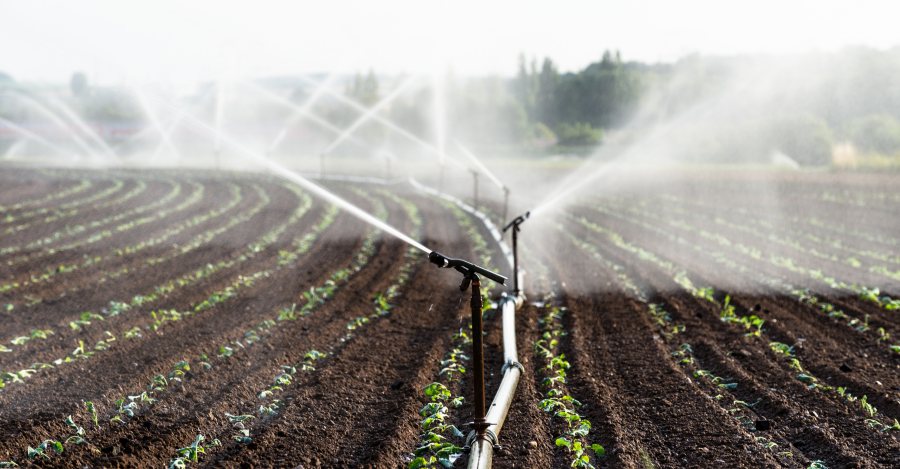
Scotland has been forced to impose its first water scarcity restrictions of 2025, with farmers and businesses in the east facing limits on water use after months of relentless dry weather.
The Ythan and North Fife catchments have now reached Significant Scarcity – the highest level of water scarcity, the Scottish Environment Protection Agency (SEPA) has confirmed
In response, it has imposed restrictions on the amount of water that can be abstracted from rivers and groundwater in these areas to safeguard fragile ecosystems.
SEPA noted that every affected licence holder will be contacted directly with details of the measures and the date they come into force.
Officials stressed that restrictions will be temporary, lifted as soon as conditions improve, but are essential to protect local rivers, wildlife and the communities that rely on them.
The restrictions come after an extended spell of worsening conditions. SEPA data shows that every month of 2025 has been drier than average on Scotland’s east coast, with the shortfall in some areas stretching back to June 2024. In certain catchments, rainfall has been around 40% below the long-term average.
This ongoing deficit, combined with a warm and sunny spring and summer, has placed rivers, soils and groundwater under sustained pressure.
SEPA has been in contact with water abstractors since mid-May, urging licence holders to follow advice and guidance for their areas.
Other catchments are already showing signs of strain. The Deveron, Don, Esk (Angus), Firth of Tay and Tyne (Lothian) have remained at Moderate Scarcity for several weeks, while the Spey, Almond and Tweed were escalated to Moderate Scarcity only last week.
Licence holders in these regions are being advised to manage abstractions carefully, but SEPA has warned that without a period of consistent rainfall, further areas – including the Deveron and Don – could soon be pushed to Significant Scarcity.
Meteorologists remain uncertain about the impact of the remnants of ex-Hurricane Erin, expected to pass over later this week. SEPA says it will continue to monitor conditions closely.
Chris Dailly, SEPA’s head of environmental performance said: “The water environment in parts of Scotland is clearly under stress and protecting it remains a top priority.
"We recognise the challenges that farmers and other businesses face, but no one should be caught off guard - we've been speaking directly to licence holders across the summer.
"If you abstract water you should already have plans in place to reduce volumes, stagger abstractions and follow the conditions of your licence.”
